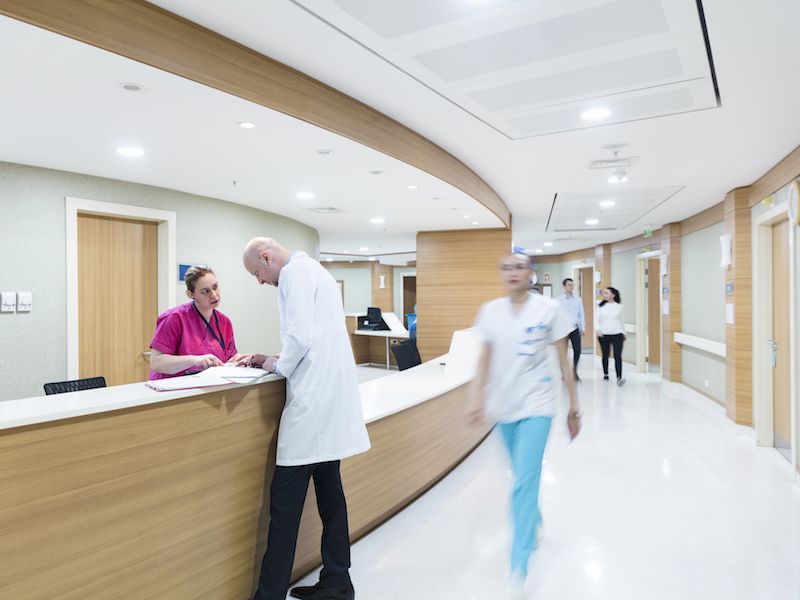
The effect loss of hearing has on overall health has been studied for years. New research approaches it from a different angle by looking at what untreated hearing loss can do to your healthcare budget. As the expense of healthcare keeps rising, the medical community and consumers are looking for ways to lower these expenses. You can reduce it significantly by something as straightforward as taking care of your hearing loss, according to a study published on November 8 2018.
How Health is Affected by Hearing Loss
Untreated hearing loss comes with hidden risks, as reported by Johns Hopkins Medicine. After 12 years of tracking it, researchers found that there was a significant impact on brain health in adults with minor to severe hearing loss. For example:
- An individual with a extreme hearing impairment has five times the risk of developing dementia
- The risk is triple for those with moderate hearing loss
- The risk of dementia is doubled in people with only slight hearing loss
The study reveals that the brain atrophies at a faster rate when a person has hearing loss. The brain has to work harder to do things like maintaining balance, and that puts stress on it that can lead to damage.
The inability to hear has an effect on quality of life, as well. A person who doesn’t hear very well is more likely to have anxiety and stress. Depression is also more common. All these things add up to higher medical expenses.
The Newest Study
The newest study published November in the Journal of the American Medical Association (JAMA) shows that it becomes a budget buster if you choose not to take care of your hearing loss. This study was also run by researchers from Johns Hopkins in collaboration with AARP, the University of California San Francisco and Optum Labs.
77,000 to 150,000 patients who had untreated hearing loss were examined. Individuals with normal hearing generated 26 percent less health care expenses compared to people who were recently diagnosed with hearing loss.
Over time, this amount continues to grow. Over a ten year period, healthcare expenses go up by 46 percent. When you analyze the numbers, they average $22,434 per person.
The study lists factors associated with the increase such as:
- Dementia
- Falls
- Decline of cognitive ability
- Lower quality of life
- Depression
A link between untreated hearing loss and a higher rate of mortality is indicated by a second study done by the Bloomberg School. They also uncovered that people with untreated hearing loss also suffered from:
- 6.9 more diagnoses of depression
- 3.6 more falls
- In the course of ten years, 3.2 more cases of dementia
Those stats match with the study by Johns Hopkins.
Hearing Loss is on the Rise
According to the National Institute of Deafness and Other Communication Disorders:
- Hearing loss currently effects 2 to 3 out of every 1,0000 children
- Hearing loss is prevalent in 55 to 64 year olds at a rate of 8.5 percent
- There’s significant deafness in individuals aged 45 to 54
- The basic act of hearing is hard for about 15 percent of young people aged 18
The number goes up to 25 percent for those aged 65 to 74 and 50 percent for anyone above the age of 74. Over time, those figures are anticipated to rise. As many as 38 million individuals in this country could have hearing loss by 2060.
Wearing hearing aids can change these numbers, though, which the study doesn’t touch on. What they do know is that using hearing aids can get rid of some of the health issues associated with hearing loss. To determine whether using hearing aids reduces the cost of healthcare, additional research is needed. There are more benefits to wearing them than not, undoubtedly. To find out if hearing aids would help you, make an appointment with a hearing care specialist right away.
